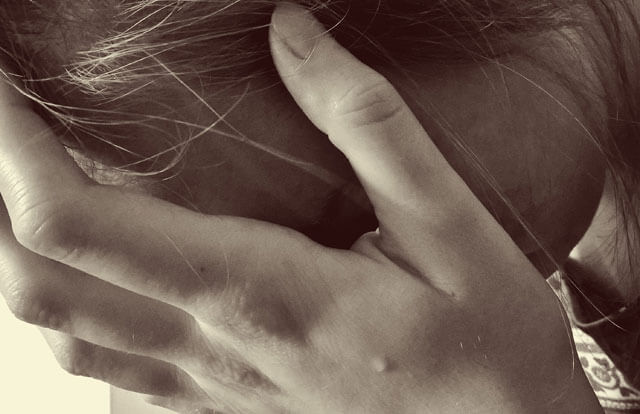Many victims of domestic abuse have had their trauma compounded by finding themselves cross-examined in court by their alleged abusers.
But new measures have now been brought in to put a stop to alleged abusers cross-examining their victims.
Cross-examination of an abuse victim will normally be undertaken by the other party’s lawyer. However, often the other party will not have a lawyer, particularly as legal aid is not available to them. They therefore have to carry out the cross-examination themselves.
Needless to say, this could be extremely traumatic for the victim.
There are also concerns that perpetrators were using the process as a means of extending their abuse.
To deal with these issues the Government has brought in new measures to stop alleged abusers from cross-examining their victims.
The ban on cross-examining victims will be applied in cases where there is specified evidence of domestic abuse between those involved, or there is a criminal conviction or protective injunction in place between the parties.
In such cases the court may appoint a lawyer to carry out the cross-examination, to ensure that justice continues to be done fairly for both sides.
The lawyer’s fees will be paid by the state, and the Ministry of Justice say that hundreds of lawyers have already signed up to fulfil this role.
Commenting upon the new measures, Justice Minister, Tom Pursglove MP said:
“Going to court about family issues can be a traumatic experience, so victims of domestic abuse shouldn’t face the extra torment of being cross-examined by their abuser.
“This is already banned in criminal trials and from today it will be banned in family and civil courts too – to protect victims, ease the stress and make sure they get a fair hearing.”
The new measures form part of government efforts to reduce the trauma of appearing in court and ensure that victims are better supported. This includes introducing special measures in family and civil courts, such as screens and separate entrances, to minimise stress and help witnesses to give their best evidence.
These new measures to further protect victims of domestic abuse are certainly to be welcomed, and will hopefully ensure that victims are not put off from raising allegations of abuse in court.
Once again, if you are a victim of domestic abuse it is essential that you seek expert legal advice, at the earliest possible stage. We can find you an expert that works with you on our digital platform. For more information, call us on 020 3904 0506, or click here, and fill in the form.
* * *
You can contact us for advice and guidance with no obligation. We can work with you to provide the best outcome in your family law matter.
Image: Public Domain, via Piqsels

